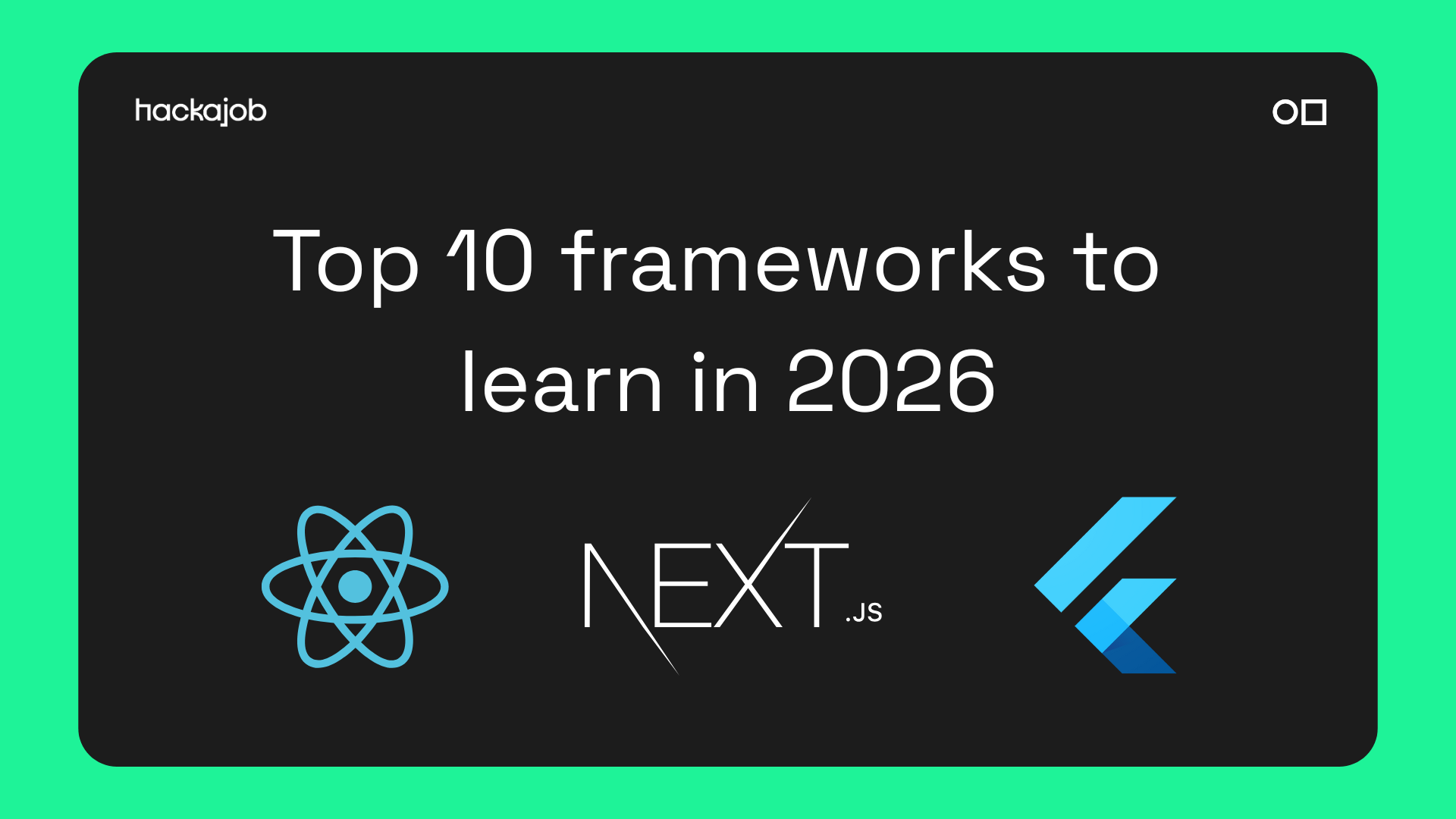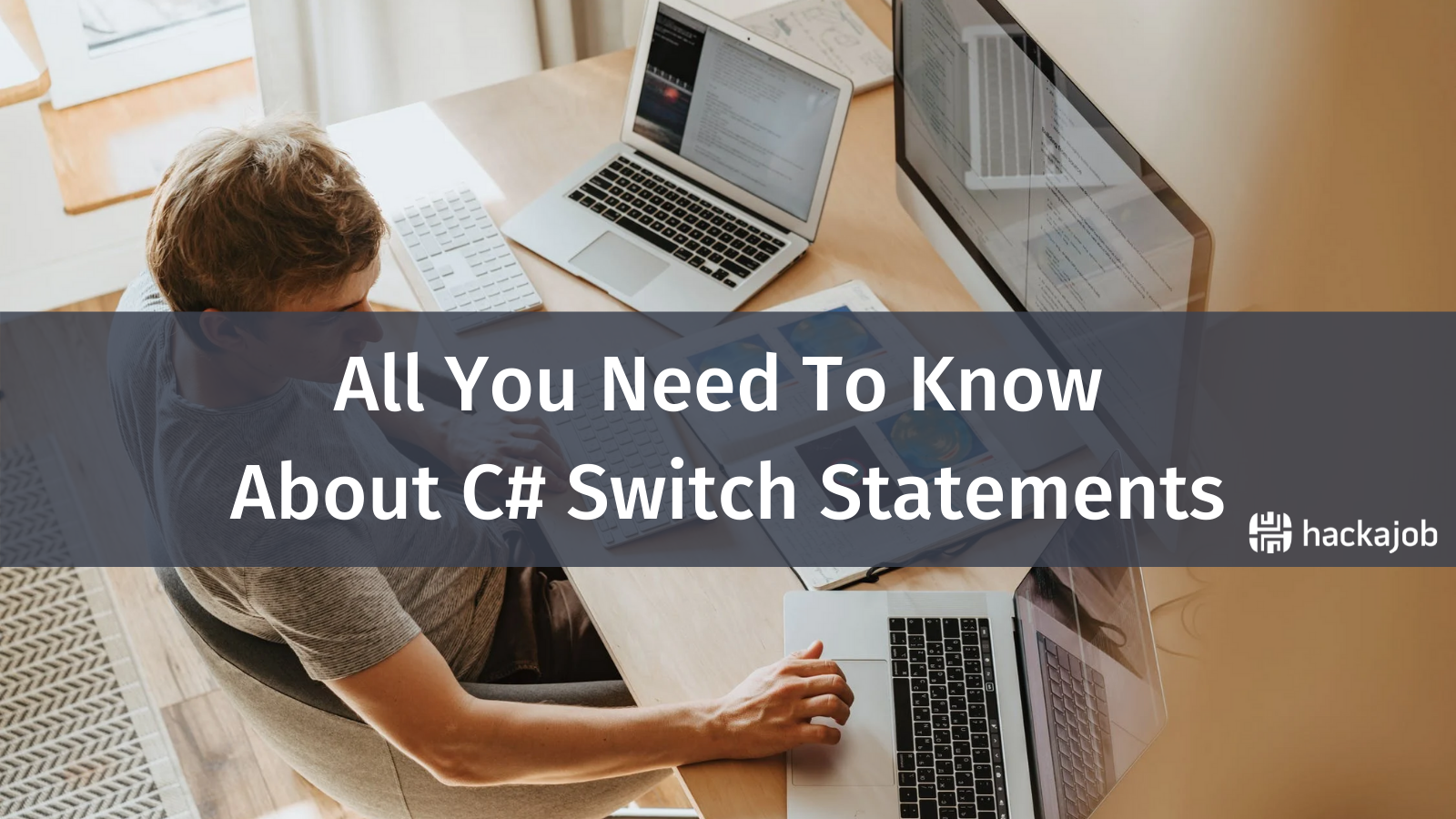In the world of pharma, tech doesn’t always get the credit it deserves. But at GSK, the people building and enabling it aren’t just behind the scenes; they’re driving serious impact.
We sat down with two people doing exactly that: Charlotte Trott and Adrian Samuel, both part of GSK’s Onyx team. They’re not your typical tech hires—and that’s kind of the point.

Charlotte Trott is a Senior Program Manager on GSK’s Onyx team. She studied medicinal chemistry but quickly realised she was more interested in solving problems outside the lab. After a whirlwind early career working in the petrol industry, she made the jump to GSK to get closer to the science and found her sweet spot helping R&D teams work smarter with better tools and clearer processes.
Adrian Samuel is a Senior AI and ML Platform Engineer. He started out in economics, moved into sales, and taught himself to code to solve problems no one else could. Now he’s building AI platforms that power drug discovery, bringing together curiosity, collaboration, and cutting-edge tools to help researchers uncover novel insights.
The real job: solving problems, not just writing code
Forget the stereotype of engineers as code machines in the corner. At GSK, tech teams are embedded with R&D scientists. Their job? Solve hard scientific problems with software and data.
"There’s always a product. There’s always a customer," Adrian says. "If you can solve a problem without writing code, great. Engineers are force multipliers."
That mindset shapes how the Onyx team works day-to-day. It’s not just about building things, it’s about understanding the why. Engineers spend time with program managers like Charlotte and R&D scientists to get to the root of the problem before jumping into solutions. That kind of collaboration saves time, money, and a whole lot of headaches later down the line.
Failure ≠ disaster
Working in a regulated industry doesn’t mean you can’t experiment. At GSK, failure isn’t just tolerated, it’s expected and embraced, as long as you're learning from it.
"We win or we learn," Charlotte says. "You might not get the answer you hoped for, but it’s not wasted. You’ve moved forward."
Adrian puts it another way: don’t get stuck in the rabbit hole without asking why. He recommends books like Lean Startup and The Mom Test for building better products and asking the right questions. It’s all part of a mindset shift: rapid feedback, honest conversations, and pivoting when something doesn’t work. The goal is always to deliver better tools, not perfect ones, just ones that solve the right problems.
Collaboration isn’t optional
The Onyx team is currently leading a massive cloud migration from on-prem infrastructure to Google Cloud Platform. It's a technically complex initiative that also demands top-tier people skills.
"You’ve got loads of teams, different backgrounds, different ideas of how things ‘should’ be done," says Charlotte. "Getting them to work together takes work, but that’s the job."
And they don’t pretend to have it all figured out. Adrian talks about trialling different models of collaboration: some worked, some didn’t. But what matters is iteration and communication. That applies across teams, too, like Onyx working closely with the AI/ML group to build Jules, a generative AI tool for scientists. Different philosophies, different risk profiles, but a shared vision kept them moving forward.
GenAI isn’t magic. But it is powerful.
Charlotte and Adrian are both working on Jules, a GenAI-powered research assistant that helps R&D scientists pull insights from internal and external data. It’s a major shift in how research gets done.
"You don’t need a maths degree to use this stuff anymore," Adrian says. "The barriers are falling. That’s huge."
But they’re not blindly optimistic. They talk openly about the importance of human review, especially with hallucinations and bias. Adrian compares it to having a helpful colleague on demand. One that can reason, read, talk, and process at scale. The big difference now? You don’t have to be a data scientist to get value. It’s opening up new ways of working across every team.
Internal tools are only useful if people actually use them
You can build the world’s smartest tool, but if no one uses it, it’s just dead weight. That’s why Adrian and the team treat every internal platform like a product.
"Docs, demos, proper support. You need all of it," he says. "If my colleague’s using it, I might use it too."
Charlotte adds that the key is tying tools to real-world pain points. Want to save researchers' time? Don’t pitch "faster knowledge management." Show them how they can read papers more efficiently or pull answers without digging through databases. Simplicity, clarity, and impact. That’s what makes tools stick.
Changing careers? Here’s what they wish they knew
Neither Adrian nor Charlotte started in tech. Adrian was cold-calling in a suit after studying economics. Charlotte studied medicinal chemistry but knew the lab life wasn’t for her. Both took unexpected routes into roles they now love.
"Don’t chase salary. Chase curiosity," Adrian says. "Enjoying your work makes all the difference."
Charlotte’s advice? Find a good manager. Someone who’ll challenge you, support you, and help you grow. She also opens up about impostor syndrome: "It doesn’t go away. You just get more comfortable with it." The main thing? Keep learning. Keep asking questions. Growth happens in the discomfort.
What’s next in healthcare tech?
At GSK, it’s all about scalability and access. Cloud infrastructure is making high-performance computing more available to scientists. GenAI is making complex research conversational. And the gap between idea and implementation keeps shrinking.
"Drug discovery is a numbers game," Charlotte says. "The more you can run, the better your chances. And now we’ve got the tools to run a lot more."
Adrian sees a future of personalised medicine, AI-powered research agents, and healthcare providers with better tools and fewer barriers. It’s not science fiction, it’s already underway. And with teams like Onyx pushing forward, the next few years are going to be big.
Watch the full podcast
Want the full story straight from Charlotte and Adrian? Watch the full podcast episode below. It’s a deep dive into how tech teams at GSK are transforming drug discovery, from AI tools like Jules to navigating cloud migration, collaboration, and career pivots.
Want to join GSK?
If you’d like to join the team at GSK, set up your free hackajob profile. As a reverse marketplace, hackajob puts you in control. Accept or decline requests from employers based on what interests you most.
Read more about GSK here.
Want more content like this? Follow us on our socials: LinkedIn, X, TikTok, Instagram, or check out our YouTube channel.


